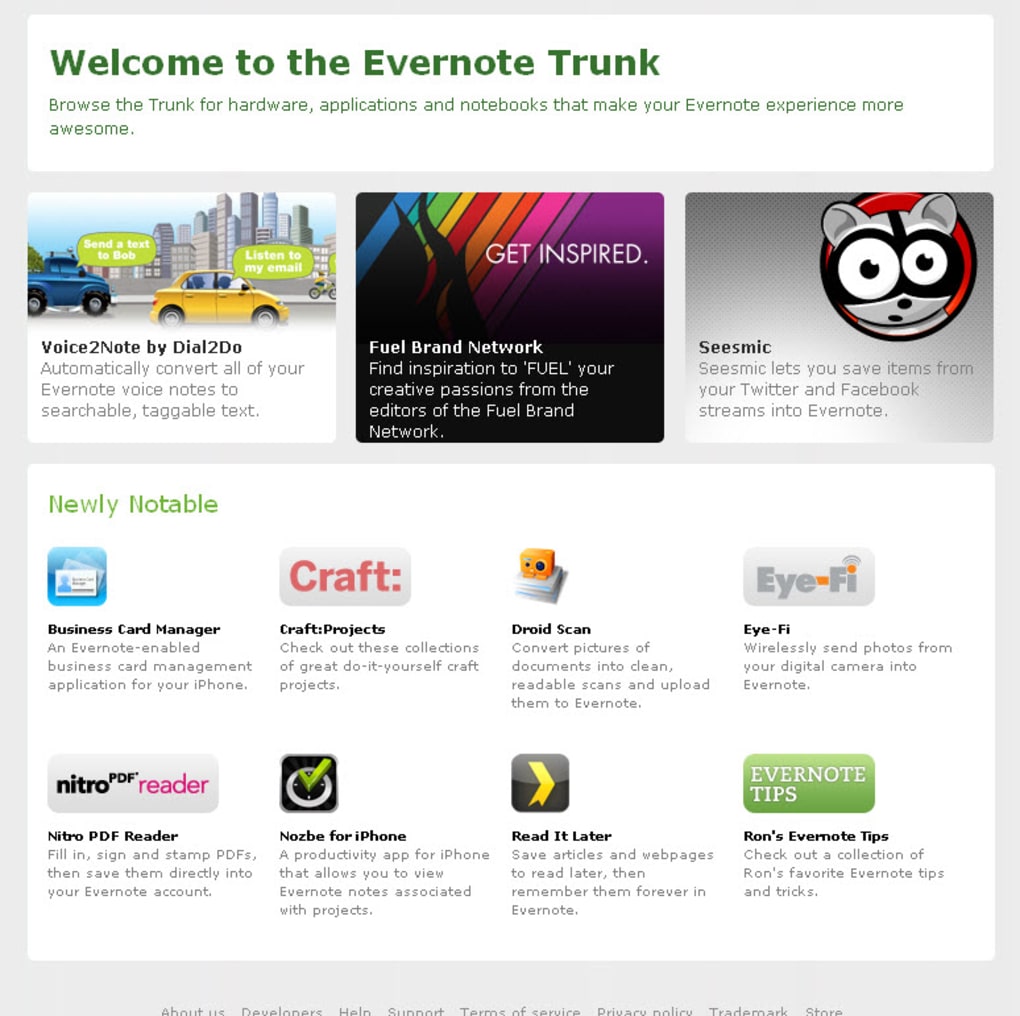

At that point, Evernote becomes a weird combination of a collaborative cloud storage account with upload limitations and inbuilt note taking. But you still can't use Evernote to edit or alter most of those file types - just notes and PDF annotations.

Having web clippings, important files and notes all under one roof allows for some helpful organization and consolidation of apps. However, when you branch out from plain text notes, you will chew through the 60MB upload limit very quickly, as note sizes can jump from a few kilobytes to several megabytes each. You can also use Evernote for storing documents, such as PDFs, spreadsheets or photos - much like Dropbox. And, no new features were introduced - you'll be paying more for the same set of features. The monthly rates saw the smaller percent increase in price, while the annual pricing became less enticing. That's up from $5.99 (£3.99 or AU$) per month or $49.99 (£34.99 or AU$69.99) per year.įor those looking at paid tiers, that's roughly a 33 percent to 40 percent increase, depending on whether you pay monthly or annually.

These features, plus up to 10GB of uploads per month, will set you back $7.99 (£4.99 or AU$11.00) per month or $69.99 (£44.99 or AU$89.99) annually.


 0 kommentar(er)
0 kommentar(er)
